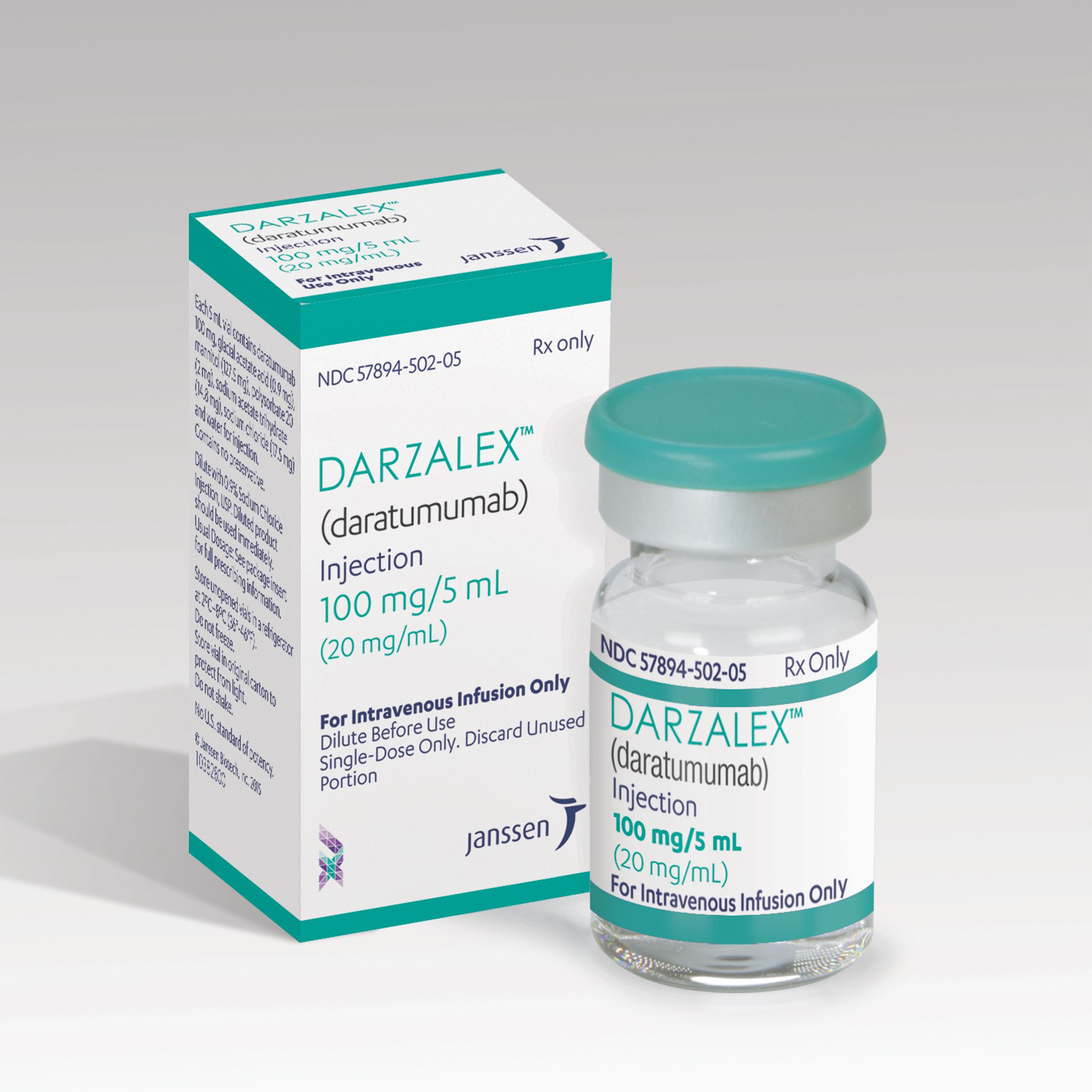NICE rejects Darzalex, citing lack of clinical evidence

NICE has rejected Janssen’s Darzalex (daratumumab) for regular NHS funding in third line multiple myeloma, saying that gaps in clinical evidence mean cost-effectiveness data are unreliable.
In first draft guidance an independent assessment committee found that the conclusions of its analysis were unreliable and could not identify a plausible incremental cost-effectiveness ratio for the drug.
The cost-effectiveness body was assessing Darzalex for patients with relapsed and refractory multiple myeloma after therapy including a proteasome inhibitor and an immunomodulatory agent, whose disease had progressed on the last therapy.
Jennifer Lee, director of health economics, market access and reimbursement and advocacy at Janssen UK, noted that NICE was having issues approving drugs that like Darzalex, which have been approved conditionally based on early evidence.
Lee said: “We recognise that NICE is struggling to evaluate breakthrough treatments, such as daratumumab, which receive early approval.
“NICE must work within defined parameters set by government, which present real challenges in assessing innovative treatments like daratumumab. It is clear that key reforms are needed to the way NICE reviews such treatments if patients are to be given faster access to the medicines they need.”
Another example of a conditionally-approved drug that proved problematic for NICE is AstraZeneca’s lung cancer medicine Tagrisso (osimertinib) – which has been reimbursed by the revised Cancer Drugs Fund (CDF).
NICE can recommend reimbursement by the CDF for around two years, while additional data are gathered to support routine funding on the NHS. So far, Tagrisso is the only drug to be funded by this route.
But NICE chose not to recommend CDF reimbursement for Darzalex, saying it did not meet inclusion criteria.
NICE will now consult on its decision, and publish a second draft later this year. Janssen does have the option of offering a discount along with any further supporting data to convince NICE the drug is cost effective.
NICE made its ruling in the light of controversial plans to ration use of new drugs in England. In a joint document with NHS England, ratified by NICE’s board, manufacturers will be forced back to the negotiating table if sales of their drug exceed £20 million in any of the first three years after launch.












